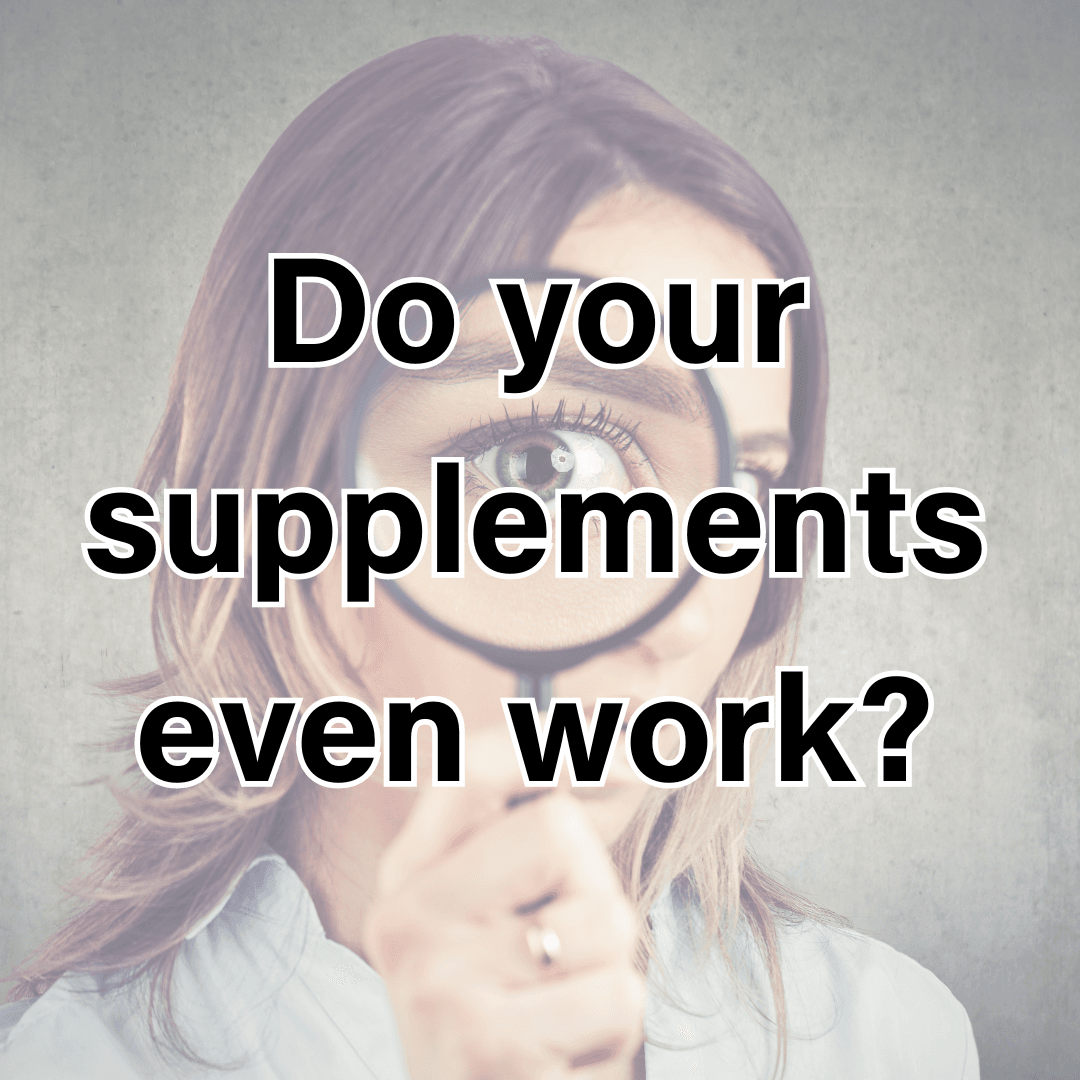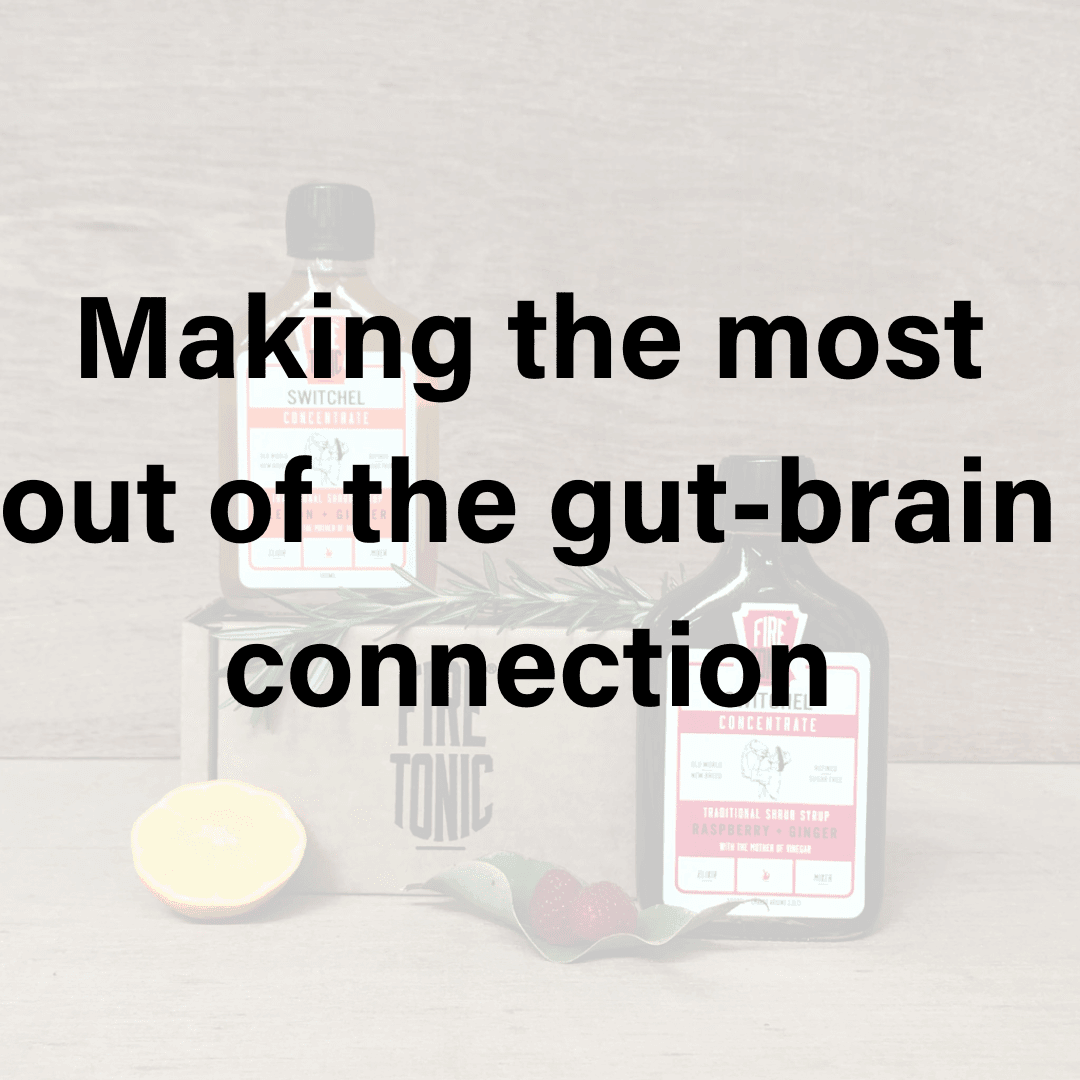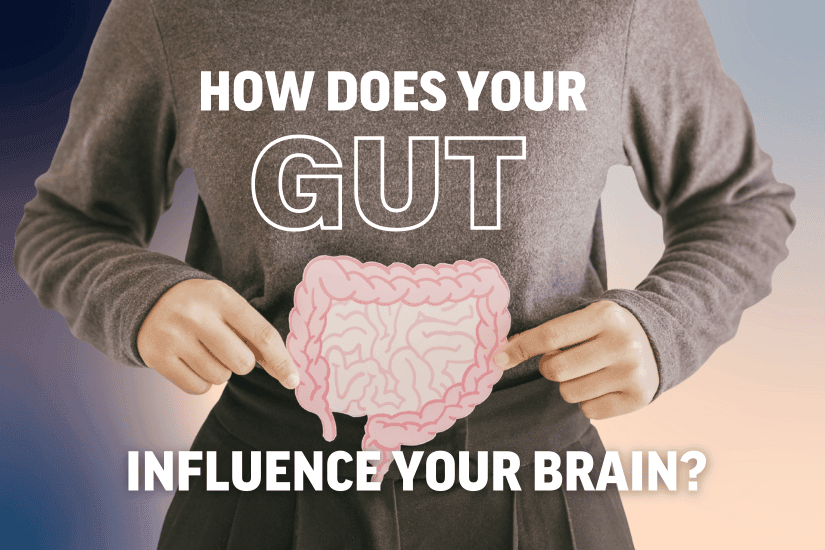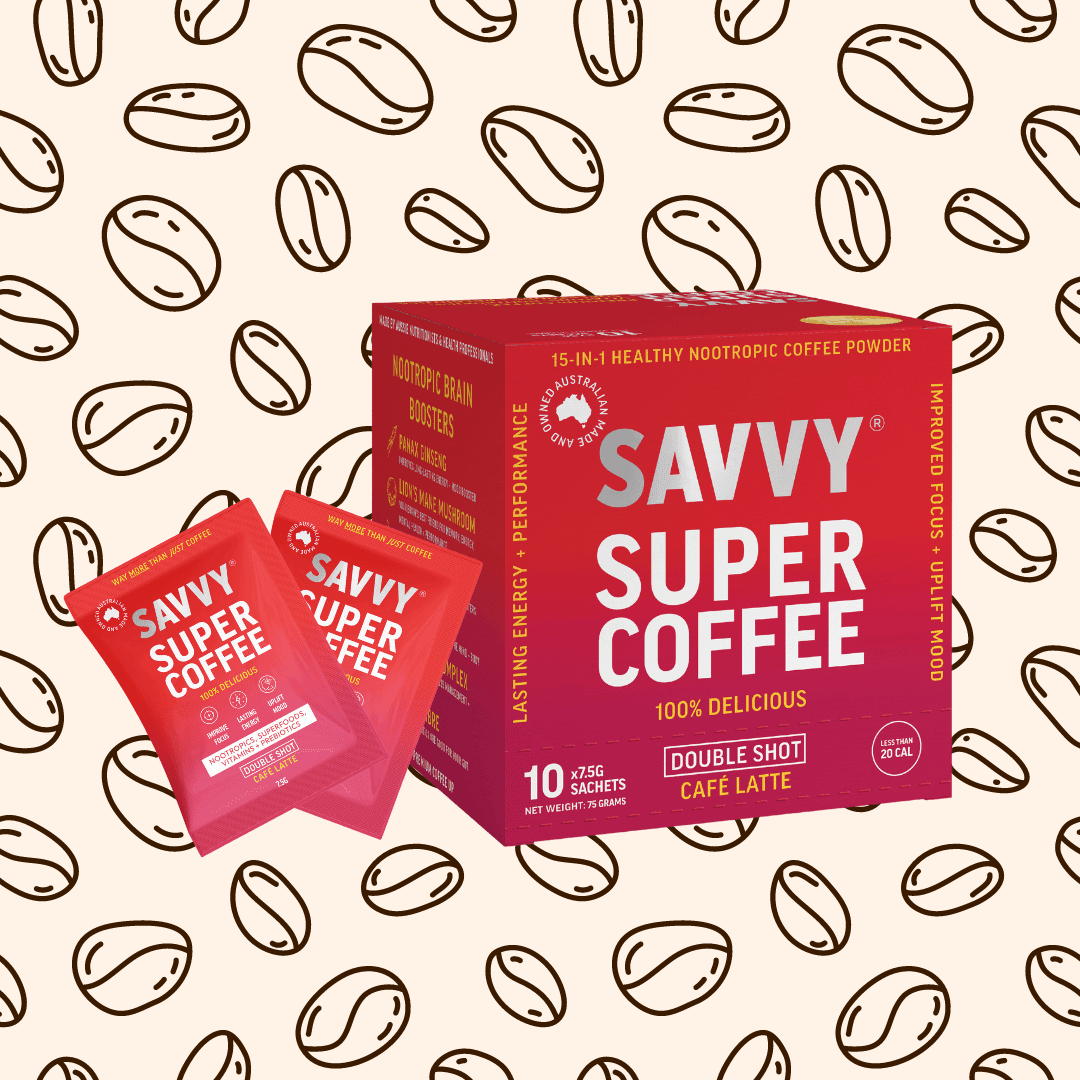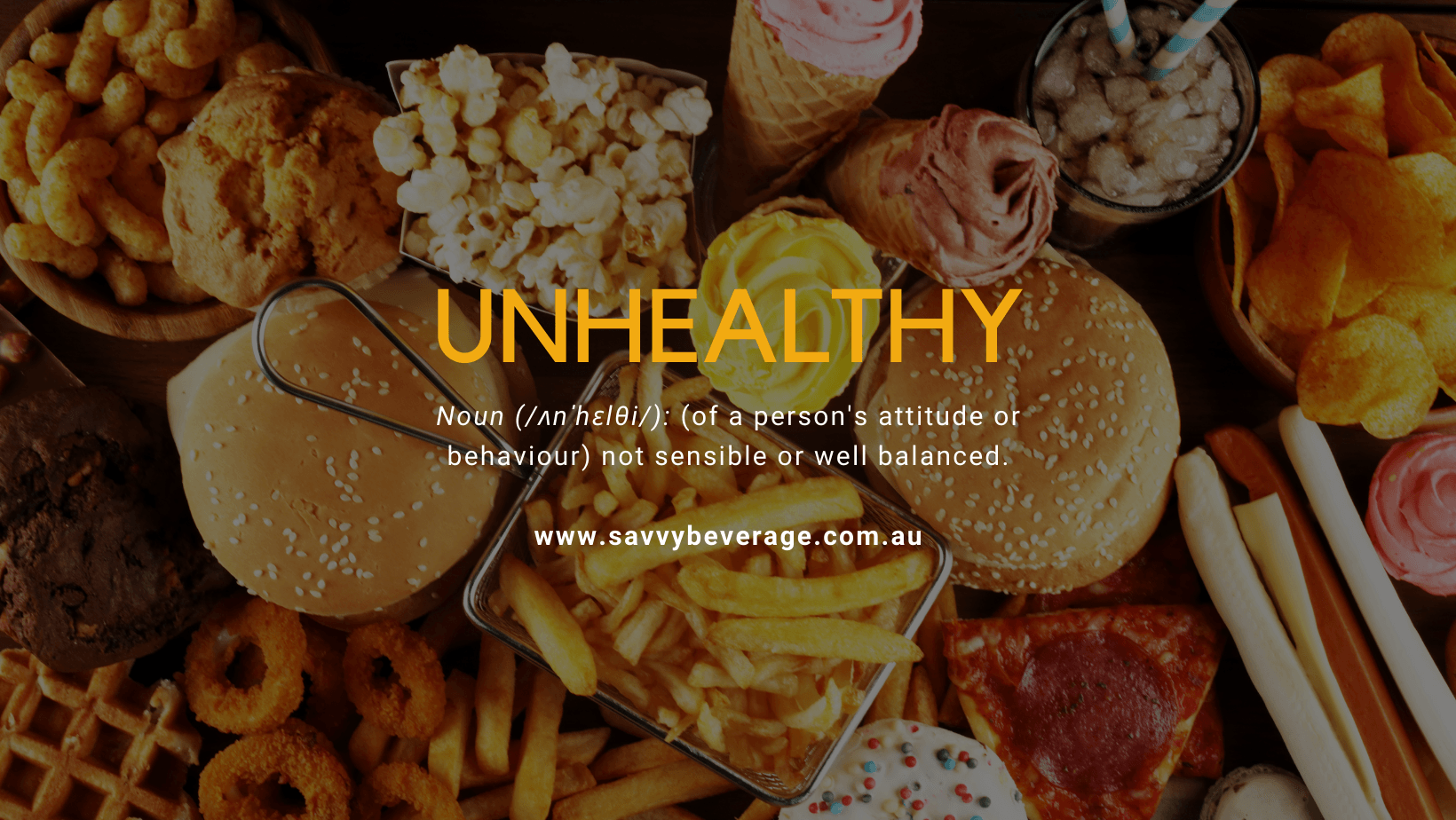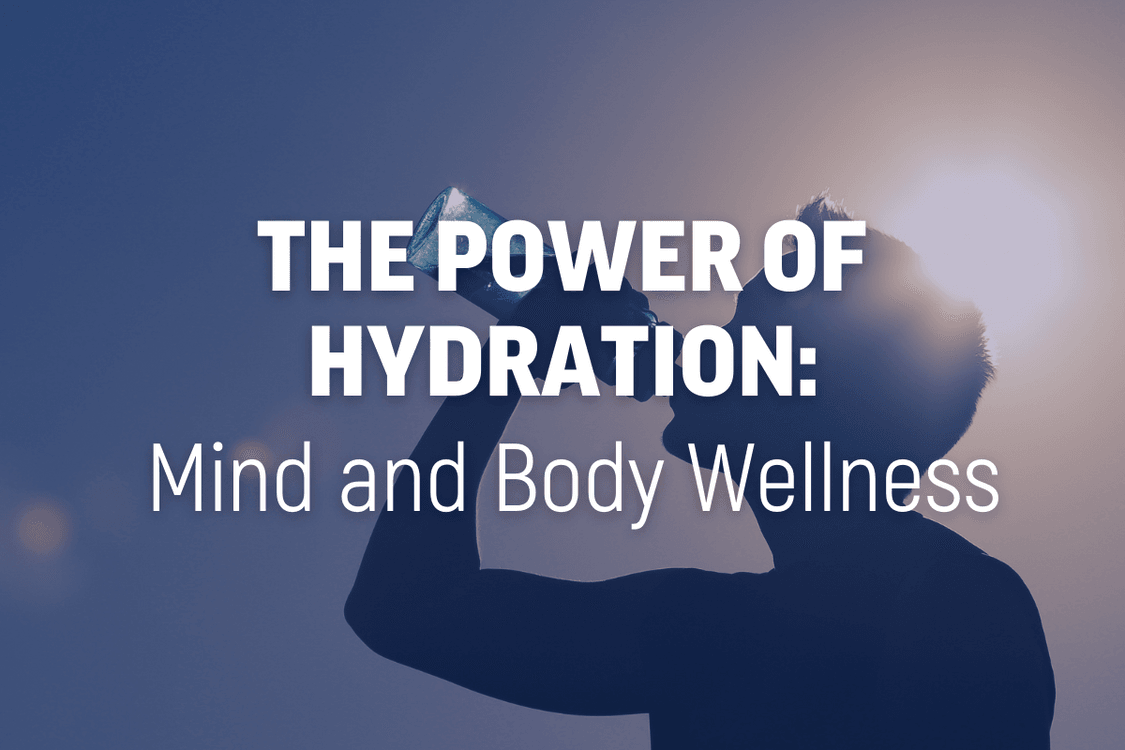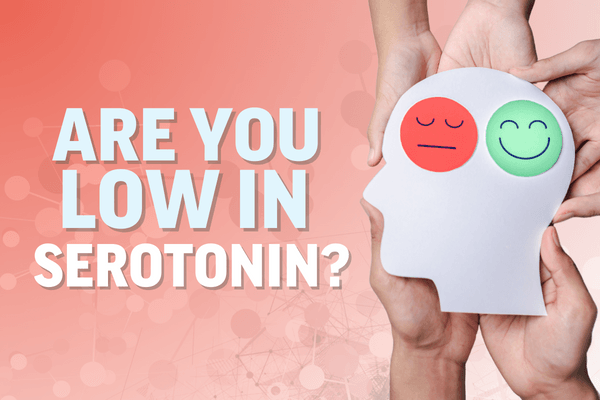
Are Energy Drinks Good For You?
What Does Science Have To Say?

People are selling themselves short by still consuming energy drinks in today’s world when far better options are at their fingertips – but perhaps they do not know about the alternatives.
It isn’t uncommon for people involved in excess physical activity to consume one or more energy drinks every day. Sometimes, people who simply want to feel less sleepy or get the energy to make it through the day drink cans of energy drinks.
The reason is clear: these drinks give you the energy and the rush to execute tasks quickly and build up the stamina to do more, so why not right? The reason is the “trade off” – where you can stimulate yourself now, but there’s going to be a crash later.
That being said, how many of these people know what energy drinks contain? Have they read through studies or listened to speeches by nutritionists? Have they even researched the ingredients their favourite drinks contain? From here, the question arises: are energy drinks good for you?
Let’s take a look at some facts about energy drinks and see what science has to say!

What Are Energy Drinks?
Energy drinks are drinks that boost your physical and mental energy, usually for short periods. These drinks contain ingredients such as caffeine and sugar, aimed at making consumers more energetic and active.

History of Energy Drinks
Energy drinks have existed since 1962, when the Lipovitan D, an energising tonic in Japan, was sold to factory workers who wished to stay awake for longer. Just like many modern energy drinks, Lipovitan included taurine, artificial caffeine and a host of artificial ingredients.
Energy drinks grew in popularity worldwide after the formal introduction of Red Bull by Mateschiz, an Austrian entrepreneur. In 1984, Mateschiz partnered with the owners of Krating Daeng, a Japanese energy drink, to allow Red Bull to become popular worldwide. [1] After that, several companies in Europe, New Zealand, and the U.S started producing energy drinks and testing them out with global audiences.
How Do They Work?
Energy drinks work by adding sugar and caffeine. These two ingredients contribute the most to energising people who consume these drinks.
Caffeine, for instance, blocks adenosine, which is the chemical in our brain that controls sleep. The blocking causes your brain neurons to fire, forcing your body to initiate “fight or flight” mode which gives your body a stress response to wake up. By releasing adrenaline and other brain chemicals to stimulate you, hormones cause your heart to beat faster and your eyes to dilate. [2] The liver then releases extra sugar into your bloodstream. These responses lead you to think that you have more energy.
There is so much sugar in one energy drink that it is the same as drinking coffee with 10-12 teaspoons of sugar. The excess sugar gives you bursts of energy.
The catch with energy drinks is that after the effects wear off, you feel as if you’re slowing down, making you feel as if you have even less energy than you did before you had the drink. You fall into an energy crash, and a slump, so you actually feel like you have LESS energy than you did before drinking it.
Are They Good For You?
In short, no. The artificial energy drinks currently in the market are not good for you. And there are many healthier items on the market which would do as good a job, and sometimes even better. If people want the function of “energy” – they should consider trialing a functional drink (a concept that has only been around for a few years) with natural and organic ingredients that boost people’s energy, and so much more.
Each year, thousands of people visit the emergency room due to problems related to energy drinks. Several of these visits lead to hospitalization, and in some cases, death. [3]
Energy drinks also have side effects including:
- Insomnia
- Tremors
- Heart palpitations
- Headaches
- Digestive issues
- Chest pain

Many of these side effects arise because of the addition of artificial caffeine in these energy drinks.
Apart from this, many ingredients in energy drinks also lead to harmful effects. Some of those ingredients are:
-
Sugar
Excessive sugar consumption has been linked to so many health issues - and energy drinks are often filled with many teaspoons of sugar. We cover how terrible it can be for your brain here.
-
Taurine
Taurine is an amino acid thought to be included in energy drinks to offset the negative side effects of artificial caffeine.
In some cases, Taurine may cause dizziness or headaches. Though Taurine may boost growth and development, no scientific studies prove that it contributes to energy.[4]
-
Synthetic (or artificial) Caffeine
Caffeine comes in all forms, and energy drinks typically use artificial caffeine which the body absorbs differently to natural versions of caffeine.
The amount of caffeine in energy drinks can negatively affect your sleep patterns and increase the effect of cortisol, the stress hormone in your body. Experts recommend up to 400 mg of caffeine per day.
Some energy drinks include five times the caffeine of a mug of coffee! [5]
-
Artificial flavours, colours and sweeteners
These are awful! While the drinks can have interesting appearance, taste, and flavours, they are wreaking havoc on your body and digestive system and stomach.
Considering that over 80% of the brain chemicals responsible for feeling happy is made in your stomach, when you consistently consume artificial ingredients, you are negatively impacting many parts of your body.
-
B vitamins
These are the only healthy thing in the can, although they usually put in small amounts which unfortunately won’t do much. Imagine having a headache, and someone giving you a quarter-tablet of a headache-medication, when you need 2 full tablets, it’s not going to do much…
Can Energy Drinks Improve?
For energy drinks to improve, the ingredients used need to change. To counteract the negative effects of energy drinks, we need to introduce natural drinks with healthy ingredients. It is always better to use natural energisers rather than artificial ones. And natural flavours, sweeteners and ingredients.
Energy drinks have had the same recipe for almost 4 decades, they are outdated, and their recipe of ingredients is not very good anymore…
Nootropic Functional Drinks (or smart drink) – The Best Option

Functional Drinks, Smart Drinks and nootropic drinks that use high quality ingredients that serve multiple purposes like focus, energy, mood, resilience to stress and more have been gaining a lot of popularity in the last few years. The best ones are using nootropic ingredients to give your brain a boost – as that is ultimately responsible for energy.
One of the best nootropic drinks in Australia is Savvy, as it uses natural ingredients that allow for positive and healthy energy. The ingredients, once consumed, help you think clearer and feel better.
One ingredient Savvy uses is Rhodiola. It reduces stress, increases stamina, and improves your performance. Savvy has a standardised 3% salidroside extract, a powerful active ingredient in this adaptogen. It also uses Panax Ginseng, L-Theanine (the best way to reduce the side effects of caffeine), and Ashwagandha that is very strong at reducing stress and anxiety.
This is why people are using smart drinks with functional nootropic ingredients proven to provide nutritional value, boost brain power, reduce stress, and improve focus.
Just make sure to look for ones with natural ingredients, so they can provide you with the benefits you need without any risk of side effects.
Final Words
Energy drinks, though addictive and useful for short periods, have many negative health effects. The levels of caffeine and sugar in energy drinks make you feel as if you have more energy, but once the effects wear off, you feel even less energetic than you were before you had the drink.
Many people have to go to the emergency room after incidents related to energy drinks. These cases end up in hospitalisation or, in some unfortunate cases, death. Natural drinks such as Savvy, therefore, are better to give you a boost you and improve your health.
References:
[1] Sports & Energy Drinks: Answers for Fitness Professionals
[2] Nutrition and Healthy Eating


